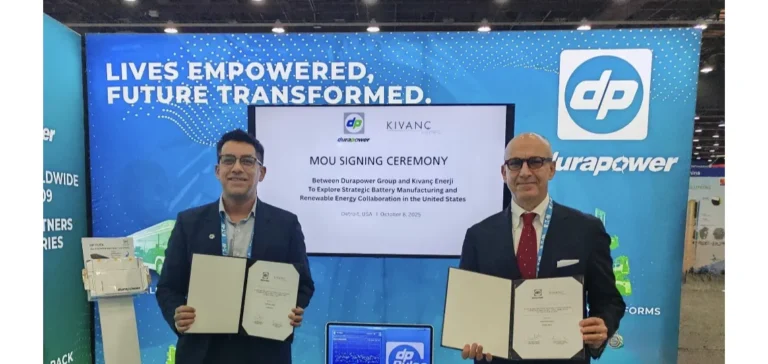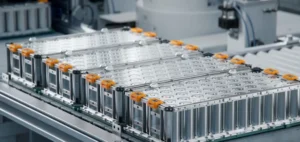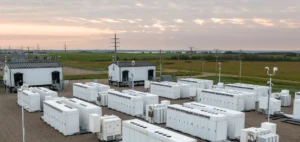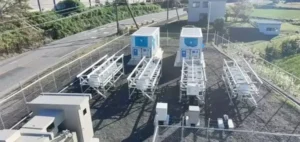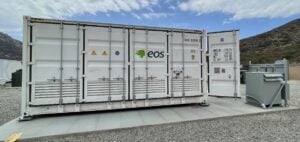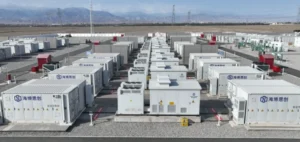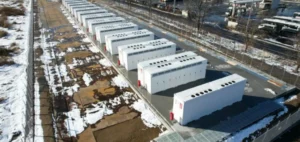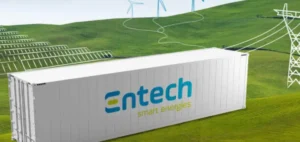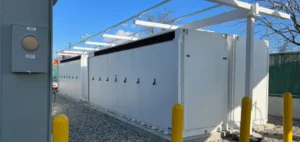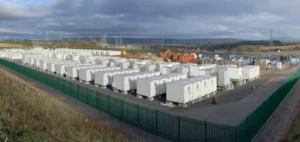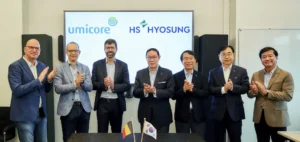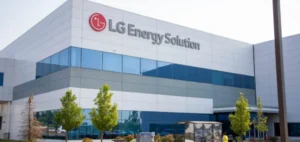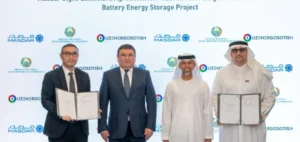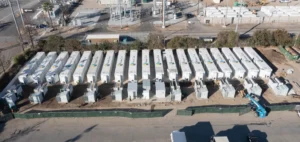Singapore-based Durapower Group, a provider of advanced lithium-ion battery solutions, has signed a Memorandum of Understanding with Turkish industrial group Kıvanç Enerji, active in renewable energy. The agreement, concluded on October 8 in Detroit, outlines plans to assess a joint venture for manufacturing battery cells and packs in Türkiye, with a focus on supplying the United States market.
An industrial response to rising battery demand
The planned facility would operate at gigawatt-hour scale, producing Lithium Manganese Iron Phosphate (LMFP), Nickel Manganese Cobalt-oxide (NMC), and NMC-XNO chemistries. Capacity will be deployed in phases aligned with regional demand, targeting energy storage systems and commercial mobility applications.
According to the International Energy Agency (IEA), demand for electric vehicle batteries in the United States is expected to more than double between 2024 and 2030, rising from 116 GWh to over 280 GWh annually. Through this collaboration, Durapower and Kıvanç aim to build a sustainable and diversified supply chain to meet this market expansion while reinforcing supply resilience.
A project built on technological complementarity
Durapower will contribute over 15 years of expertise in cell and pack design, while Kıvanç brings industrial capabilities and a regional network. If market conditions are favourable, the project could expand to include a manufacturing facility in the United States in the longer term.
Beyond battery production, the agreement includes integration of Durapower’s storage systems with Kıvanç’s solar modules to offer comprehensive renewable energy solutions for institutional and commercial customers. The companies also plan to target direct-to-utility tenders and Power Purchase Agreement (PPA)-based project deployments.
Potential expansion into the Balkans
Kıvanç, already an investor in the Balkans’ renewable energy sector, sees the partnership as a gateway to extending joint activities into that region. The strategic alliance may thus support both companies in reinforcing their presence in emerging energy markets undergoing structural transformation.


